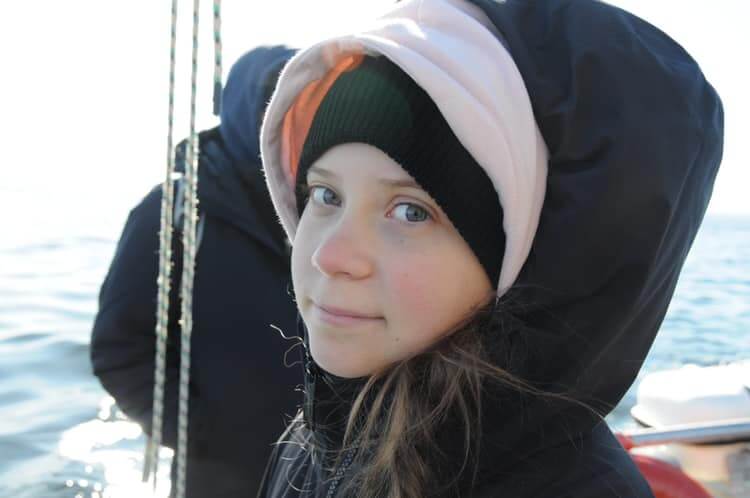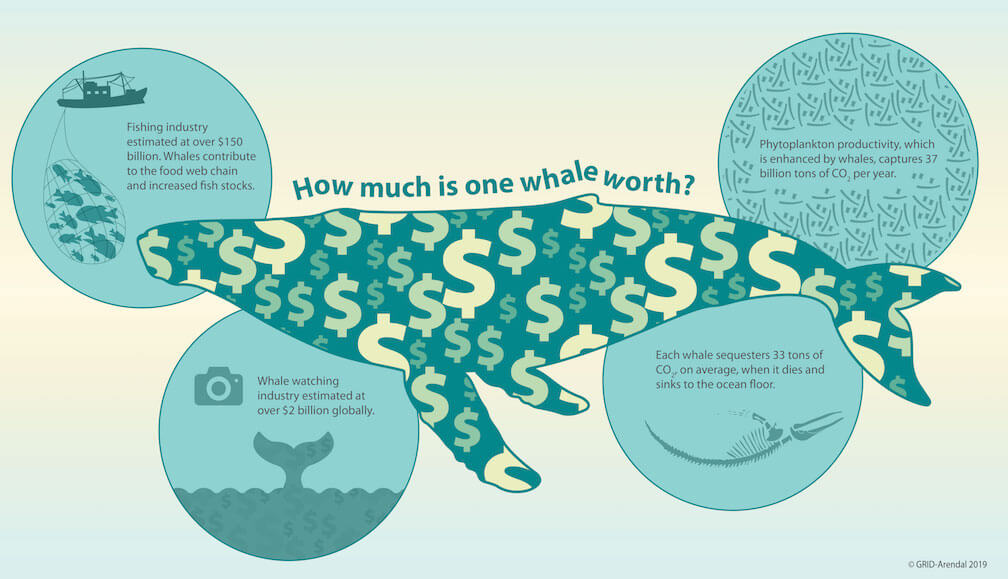On September 30, leading climate activist Greta Thunberg accompanied the scientific research team of the Group for Research and Education on Marine Mammals (GREMM) aboard the Bleuvet, the organization’s research vessel. Accompanied by her family as well as the instigator of the Pact for Transition, Dominic Champagne, Greta Thunberg was able to discover the research work that GREMM has been undertaking for 35 years. The 16-year-old Swede then visited the Marine Mammal Interpretation Centre in Tadoussac to get a sense of the education and outreach aspects of the non-profit organization.
For the GREMM team, it was an opportunity to share visions of conservation.
“Even for us, who have been involved in conservation for a very long time, it’s always good to be reminded of the urgency of the situation. It reminds us of the importance and especially the scope of the work that remains to be done,” explains GREMM scientific director Robert Michaud in an interview with Bis Petitpas, host of Radio-Canada’s program Bonjour la Côte.
“At times it feels like we’re already doing a lot, through our work in an NPO, our commitment to research as well as our communication, awareness and conservation efforts. Greta’s visit reminds us, however, that we can all do a little more, individually, as an organization and collectively,” he explains.
On her social networks, Greta Thunberg posted a few photos of St. Lawrence belugas, an endangered population. The fact that she was on board a research boat allowed her to get close to the animals. Throughout the St. Lawrence Estuary, vessels must maintain a distance of 400 metres from belugas, as per Canada’s Marine Mammal Regulations. Within the Saguenay-St. Lawrence Marine Park, a marine protected area, boats are not permitted to approach belugas strictly for observation purposes.
Greta Thunberg is visiting Quebec following her participation in the September 27 climate march in Montréal, where nearly 500,000 people took to the streets. Thousands of others demonstrated in Québec City, Alma, Chicoutimi, Sept-Îles, Sherbrooke and many other cities.
Whales’ role in the climate
More than just fascinating, whales have a role to play in conservation. The International Monetary Fund (IMF) published last week research on the potential role of whales in the fight against climate change. According to the IMF’s analysis, healthier and more abundant whale populations might be an effective means of fighting climate change. The IMF even calculates that the ecological services provided by each whale are worth over US$1.8 million, which would make their protection highly valuable.
“It’s an interesting analysis. I didn’t look at the methodology in detail to validate the information, but whales definitely play an important role in the health of ecosystems,” says Robert Michaud. “However, we mustn’t rely on whales to mitigate the climate change we are causing,” he recalls.
For a summary of the analysis: National Geographic.







